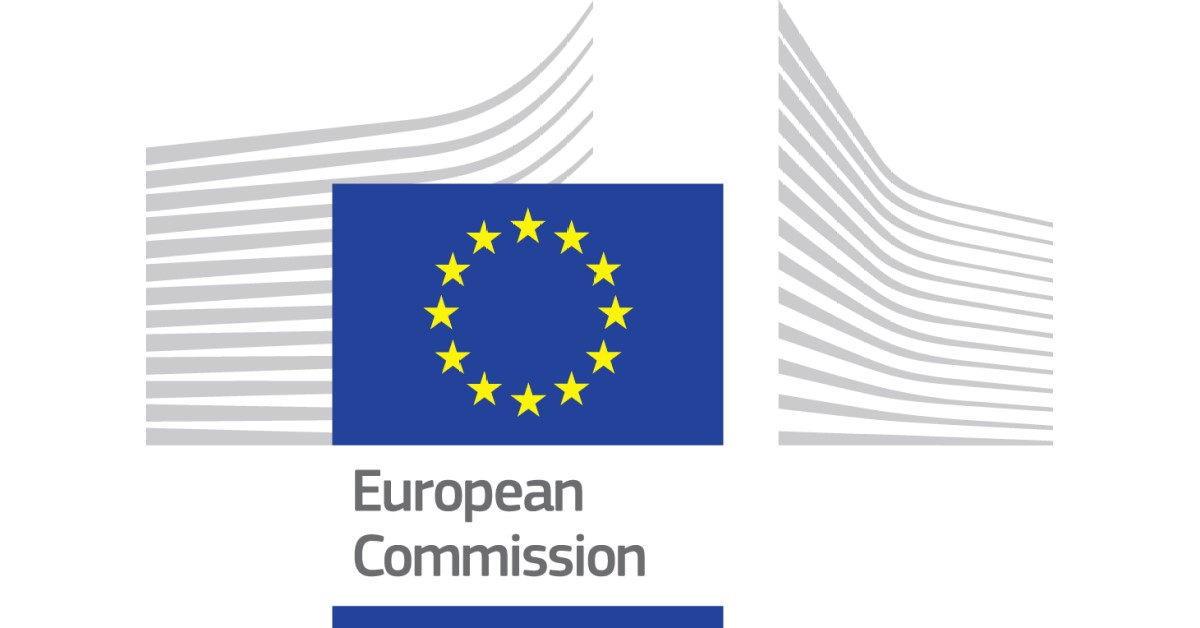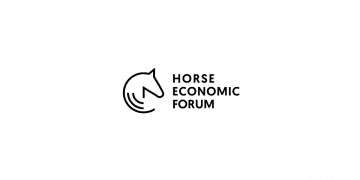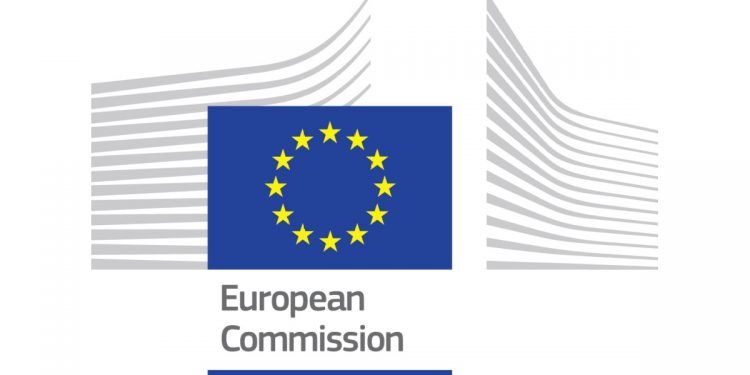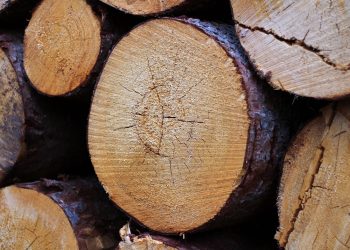
The World Trade Organization (WTO) has today confirmed that the EU was right to challenge the US for not complying with a ruling relating to ripe olives from Spain. Today’s WTO panel report presents again a clear and full win for the EU. It confirms that the US failed to implement the recommendations of the original panel, namely the finding that the US law, based on which anti-subsidy duties on Spanish ripe olives were imposed, is incompatible with WTO rules.
In 2017, before the duties were imposed, Spain was the biggest exporter of ripe olives to the US, with imports worth USD 67 million representing 76% of US ripe olive imports. In 2022, Spain’s exports to the US were only USD 20 million, covering only 26% of US imports.
Following the result of today’s report, both parties can now request the adoption of the compliance panel report by the WTO Dispute Settlement Body (DSB) at the earliest at the DSB meeting held at least 20 days after the publication of the compliance report. If adopted, the report will become binding between the EU and the US, and the US will have to take immediate action to implement the ruling and remove the duties.
Background
On 1 August 2018, the US Department of Commerce imposed anti-subsidy and anti-dumping duties of between 30% and 44% combined on imports of Spanish ripe olives, depending on the company involved. The EU considered the US measures unwarranted and challenged them at the WTO.
On 19 November 2021, a WTO panel ruled in favour of the EU, finding that the anti-subsidy duties applied by the US are in breach of WTO rules.
On 14 July 2023, the EU notified the US and the WTO of the request for the establishment of a compliance panel to rule on the measures adopted by the US Department of Commerce to implement one of the three-panel findings, namely the inconsistency with WTO rules of US legislation on the pass-through of benefit received from producers to transformers of agricultural products (Section 771B of the 1930 US Tariff Act).
The WTO compliance panel report, made public today, confirms the EU’s position. The compliance panel essentially confirmed the analysis in the original panel report. It concluded that the US law in question (Section 771B of the 1930 US Tariff Act) remains inconsistent with WTO rules because it presumes the automatic and full pass-through of subsidies from the producer to the transformer of agricultural products (the so-called pass-through benefit). In addition, the panel considered that such incompatibility demonstrates that the application of this US law by the US Department of Commerce also violates the same WTO rules.
O artigo foi publicado originalmente em Comissão Europeia.






















































